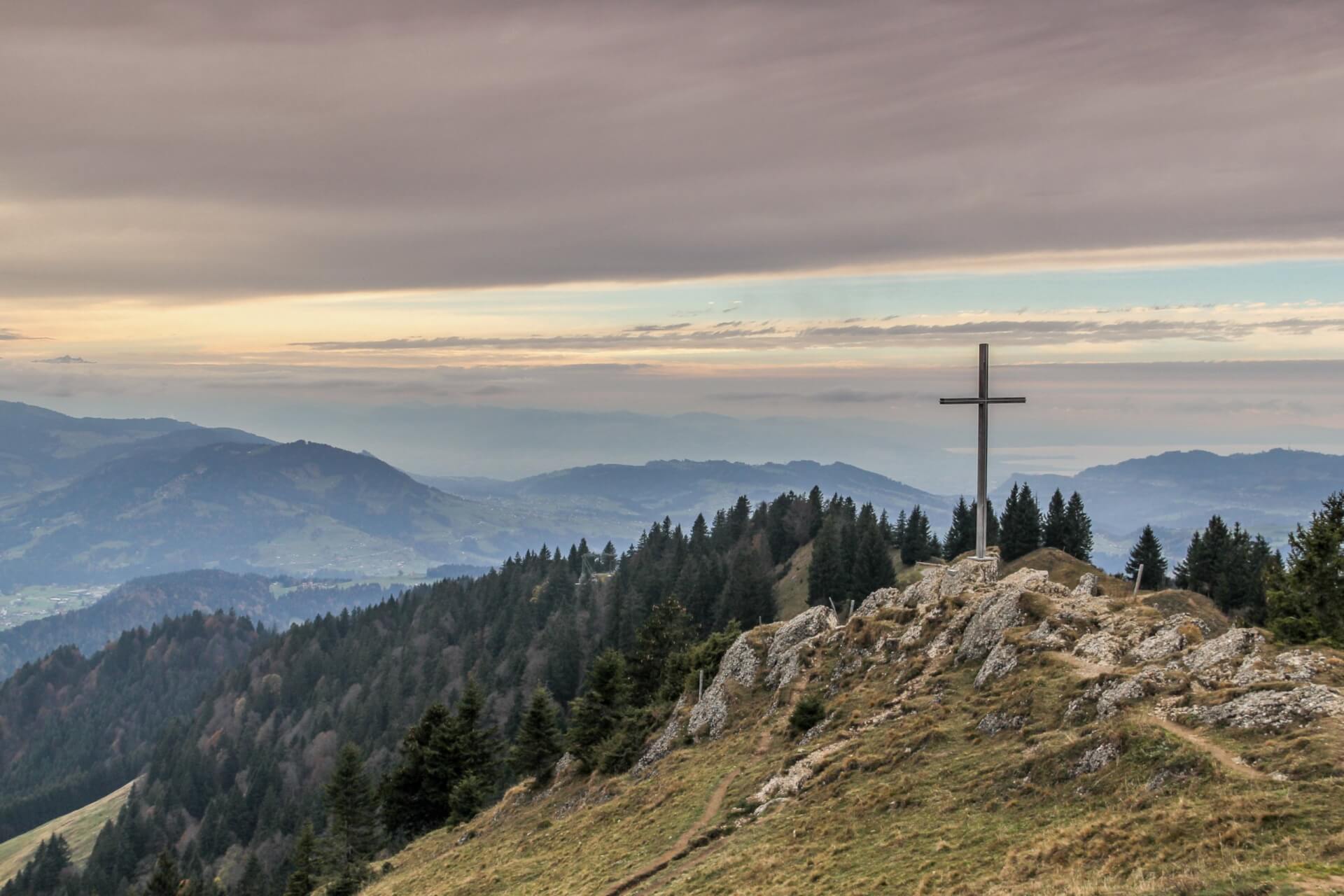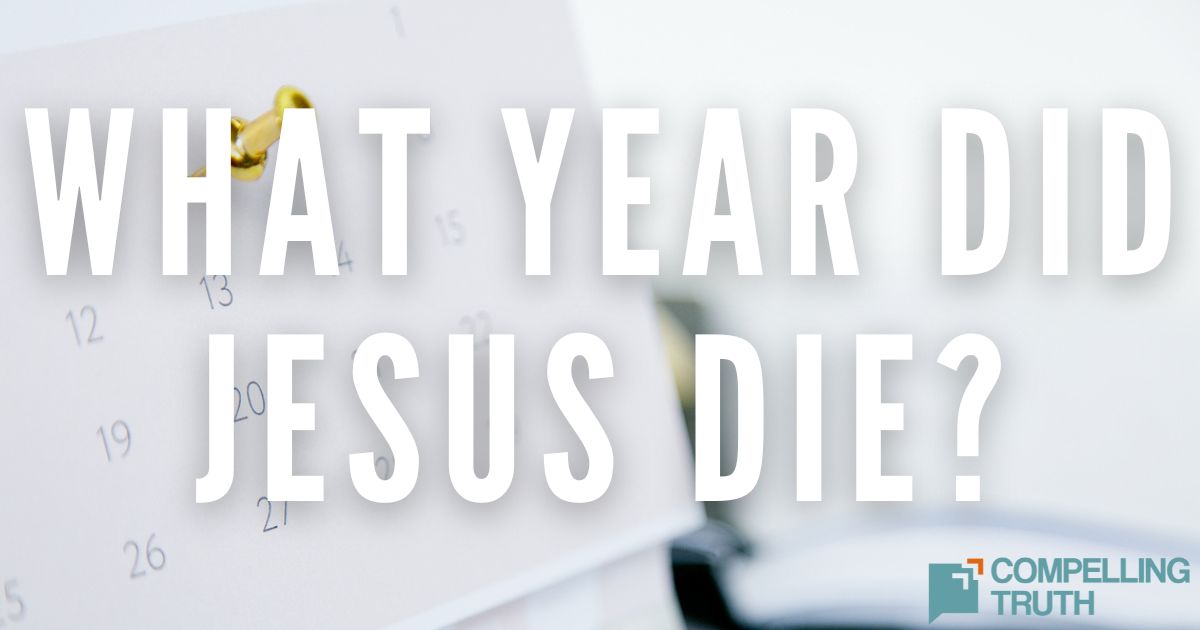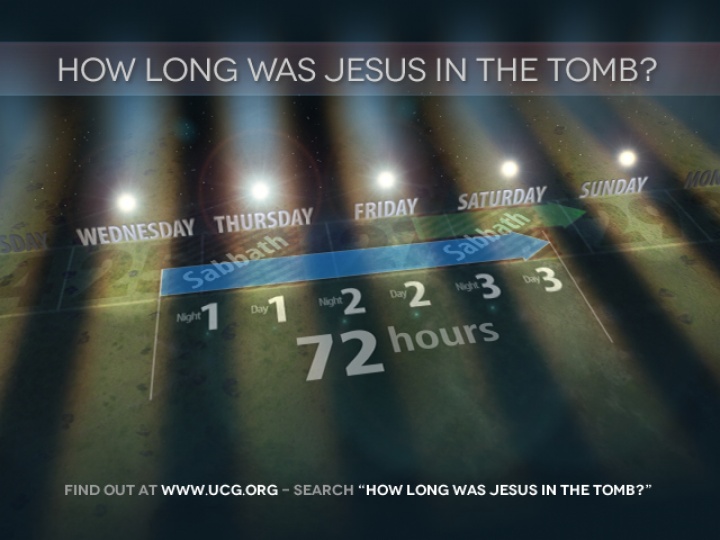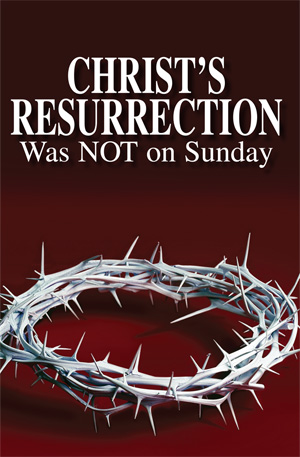@garyflet
And it was the preparation of the passover, and about the sixth hour: and he saith unto the Jews, Behold your King!
(John 19:14 KJV)
As far as I can tell, the proper noun "Passover" was commonly used at that time to refer to three different things... The "day" upon which the Passover Meal was eaten, The Feast of the Unleavened Bread that started on the day after the Passover meal was eaten, and, if it wasn't confusing enough, could mean both - a time period that would include the Unleavened and the Meal - a simple shorthand that did not differentiate.
It would not be inappropriate to understand this verse, then, as a reference to "preparation of the Unleavened." One would have eaten the Meal after sunset, and then have the entire next period of daylight to finish preparations for the next days of Unleavened.
(But please realize I am not Jewish, nor a scholar of Jewish festivals.)
Now John 18 clearly stipulates that Jesus was arrested at night. Taken first to Annas, and then Caiaphas.
Then the band and the captain and officers of the Jews took Jesus, and bound him,
(John 18:12 KJV)
These were not Roman soldiers, but in essence a "Temple Guard" of Jews under the command of the High Priest.
The next verse that would seem problematic is this:
Then led they Jesus from Caiaphas unto the hall of judgment: and it was early; and they themselves went not into the judgment hall, lest they should be defiled; but that they might eat the passover.
(John 18:28 KJV)
But who are the "they"? Obviously these "they" had not yet eaten the Passover. But note that neither Annas or Caiaphas were specifically identified as among the "they." (John 19:6 only says chief priests and officers, again of the Temple Guard.)
I would contend that these "they" in 18:28 were the guard sent by Annas and Caiaphas to arrest Jesus, and "it was early," meaning that sunrise had not yet come. We don't really know of a specific roster or schedule for the Temple Guard, but no man can go without rest or food. Were there two rotations? Or three?
I doubt that the Temple Guard would just take time off, where no one would be on duty at all, so it's not irrational to consider that these "they" who "might eat the Passover" were the guards on duty who had been sent to arrest Jesus when the rest of the Jews were eating, and that these "they" had not yet eaten. (There still was time.)
Now please understand. I am not making apology for the Gospel According to John. But I am offering a consideration whereby those scholars who are totally convinced that the Gospel of John has Jesus crucified, dead, and buried before the Passover meal was to be eaten might not have taken everything into account. ( It isn't the "slam dunk" it's made out to be.)
Rhema
(John has other problems, but I don't think this is one of them.)






